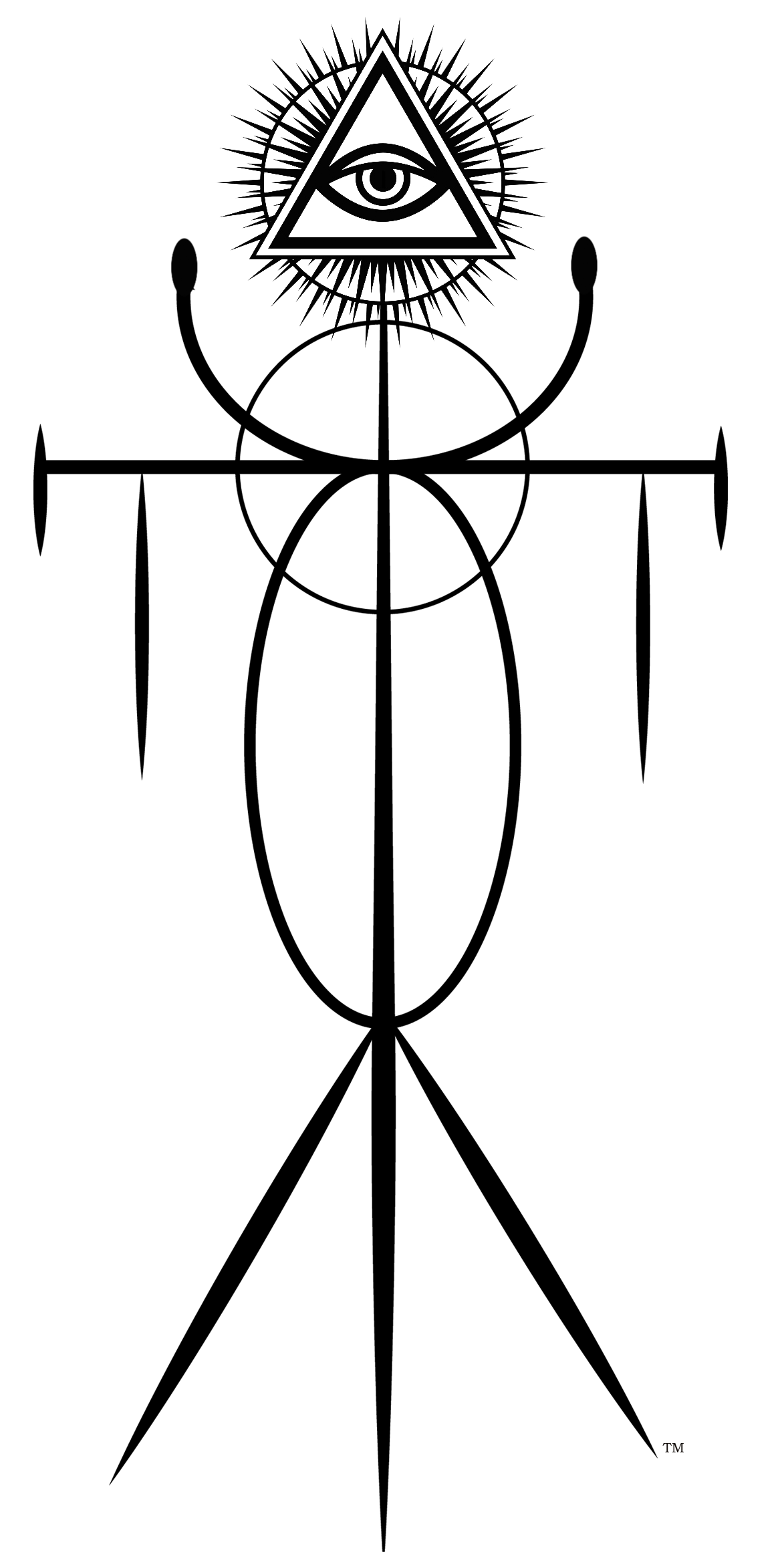The Golden Plates
Synopsis
Before the Book of Mormon was permitted, by the Angel Moroni, to be written upon paper, the golden plates were ordered to cross the Wall of Separation. The Ancient American text was first inscribed on plates of metal. Critics, from the LDS Church Authority, have mentioned the metal used to make the aurum plates were made from the “ore Nephi sought,” as written in the Book of Mormon, which is a metal mixture, and go on to state the material of metal used may have actually been electrum – a logical composition of metals made from (chrysos) and (argentum). In this synopsis, a brief summary on the text inscribed on those Golden Plates, as translated by Joseph Smith, will crest the composition known as The Book of Mormon.
The Book of Mormon is Another Testament of Jesus Christ. Like the Chinese records the Star of Bethlehem from their ancient astronomy texts, the Book of Mormon is a record of the American Continent(s) Fairytale (L. Fatus, prophecy) pertaining to Jesus Christ, however, details of Jesus Christ’s teachings in the book are not described in this synopsis.
The Beginning. The LDS scriptures begin with the Book of Nephi in the Land of Jerusalem, around 600 B.C.. Nephi records that he was born of “goodly parents,”(1 Nephi 1:1) and is making record in the language of his father. He goes on to provide the reason for his fatherly writing is because his Father and Mother speak noticeably different. He provides quotes he hears from his Father, Lehi, and Mother, Sarai, speaking to each other, and to everyone. Nephi has a vision of the Promised Land, and departs Jerusalem for the Americas.
Pre-Climax. Nephi and his family had arrived to the Americas (either North or South is yet revealed; on a separate record believed to be from Joseph Smith writes, they arrived to South America 30° S of the equator, Chile). In the Americas, the people complained about the Old Testament teachings, and the Lord God commands “all men to write the words I shall speak” (2 Nephi 29:11) if they have no need for another teacher.
Climax. The year now is around 70 B.C. The Prophet Alma tells all his people to exercise faith, and writes a parable of seeds for determining if a word is good, or if a word is bad.
“But behold, as the seed swelleth, and sprouteth, and beginneth to grow, then must needs ye say that the seed is good…And now, behold, will not this strengthen your faith? Yea, it will strengthen your faith…” (Alma 32:30)
The Climax continues with Amulek writing “For it is expedient that there should be a great and last sacrifice; yea not a sacrifice of man, neither of beast, neither of any manner of fowl; for it shall not be a human sacrifice, but it must be an infinite and eternal sacrifice.” (Alma 34:10)
A riddle of faith worth exploring comes from The Key, added to the Book of Mormon in 1981. In the late 1970’s, Professor Soren Cox of BYU was approached by LDS Authorities to write a Key to be included in the Book with the Pronunciation Guide. The Key begins “About, Ask, Pat, Map,” and concludes “Rule, Boot, Two.” Only two US Patents exists with the same patent number – one for Ruled Paper, and another for Boot-making. Patentee Kahler was born in 1984.
Post Climax. The justice of god is more supreme than the justice of man. The reign of judges causes murders and “secrete combinations” to occur amongst the People of the Americas. Judges are sometimes good and murdered, or they are bribed and sat by people wanting power. Wars between Nephites and Lamanites spread throughout the land through evil governors. Natural Events reveal the birth and death Jesus Christ witnessed in the Americas.
Conclusion. About 200-400 years after Christ’s death, a man named Moroni, a leader of an army, receives possession of the golden plates and abridges the records of the Jaredites. He writes the account of Ether, brother of Jared – a witness of the Tower of Babel; an Old Testament story of spoken language confusion, c. 2000 B.C., – coming to the Americas (vague mention to which part of America), having arrived earlier than Nephi and his family, and of a great bloody battle that wipes a massive number of people. Ether looks upon his dead and states, “He doesn’t care, he just wants to live with God [sic.]”.
Nearing the end of the Book of Mormon, Moroni, Mormon’s son, records the words of the Brother of Jared, onto the golden plates, responding to God’s commandment paraphrased into these words, “I don’t want to write, thou hast made us powerful and mighty in a freedom of audile word, but because thou has made our hands awkward, we cannot write – the Gentiles shall mock our written words.” (Ether 12: 23-25)
Moroni takes the golden plates, writes letters to his deceased father, and deposits the golden plates into the ground on the Hill Cumorah in modern day Palmyra, New York. The End.

